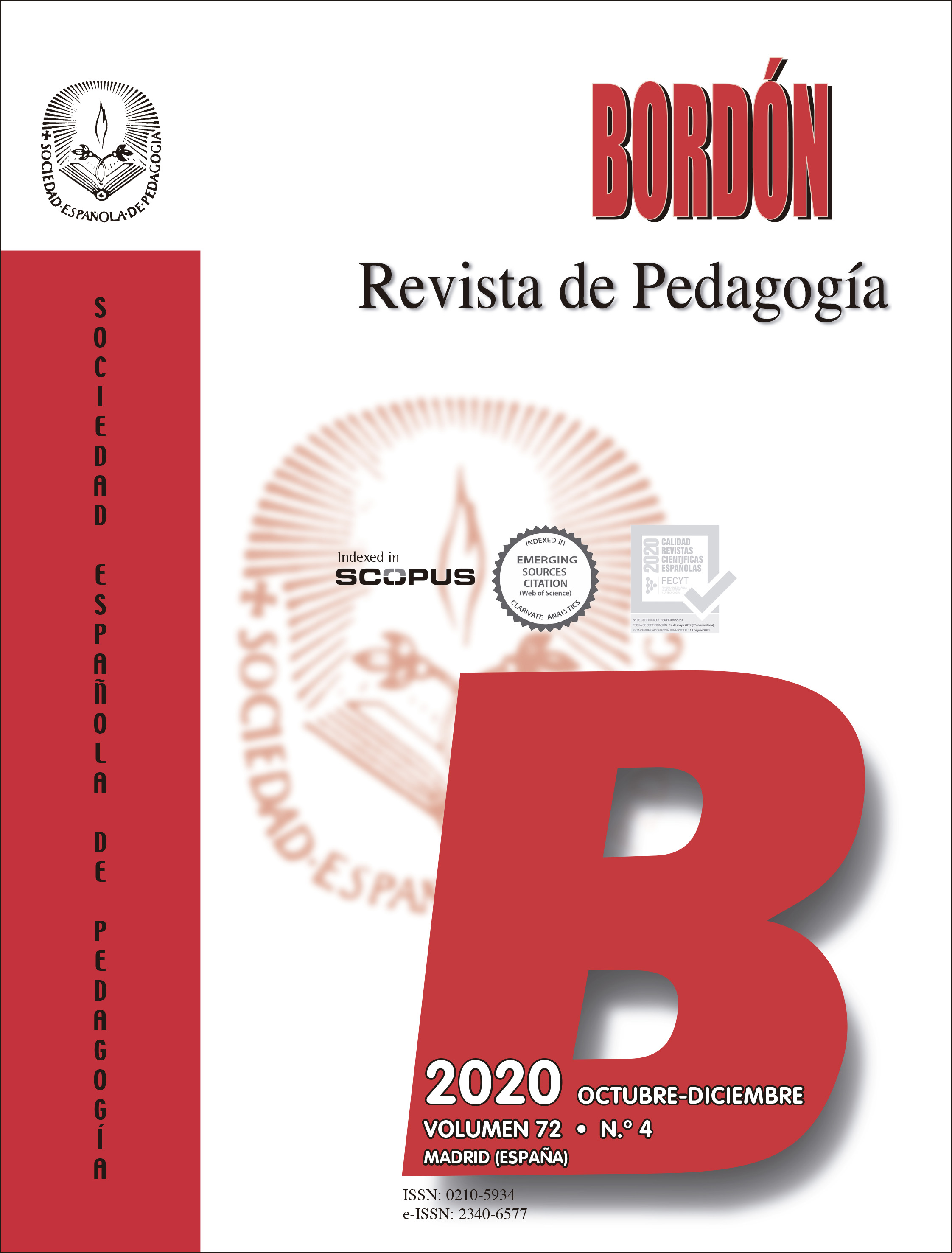La qualité d'une école peut-elle être supérieure à la qualité de ses enseignants? Un cas des compétences fondamentales en lecture dans le contexte des réfugiés en Ouganda
Contenu principal de l'article
Résumé
INTRODUCTION. As highlighted in the 2018 Uganda Education Response Plan, reading levels in refugee host communities are way below the national average. Since the 2018 National Assessment of Progress in Education report highlighted some challenging areas to the in-service teachers, a possible explanation for the persistent poor performance of learners in reading may reside with the finding that many educators themselves lack an understanding of the linguistic construct. Therefore, an informed training for teachers in primary schools was implemented to help them foster learners’ reading skills. The purpose of this paper is consequently to analyse whether learners whose teachers participated in the evidence-based intervention have better reading skills than those whose teachers did not participate in the intervention. METHOD. To achieve this, a quasi-experimental pre-program/post-program design, involving 2 schools, 24 teachers (12 per school), and 297 learners (157 from treatment and 140 from control) from Palabek (Uganda) refugee settlement was adopted. FINDINGS. The findings show that the reading skills of learners whose teachers participated in the intervention significantly improved as compared to their counterparts. Particularly, learners’ reading skills significantly improved in the areas of letter sound knowledge, segmenting knowledge, and nonword decoding, and slightly in oral passage reading and comprehension, and English vocabulary. DISCUSSION. This study therefore supported the hypothesis linked to the Peter Effect - one cannot be expected to give what they do not possess and raised a need for the Ministry of Education and Sports to mandate sufficient and informed training of teachers.

